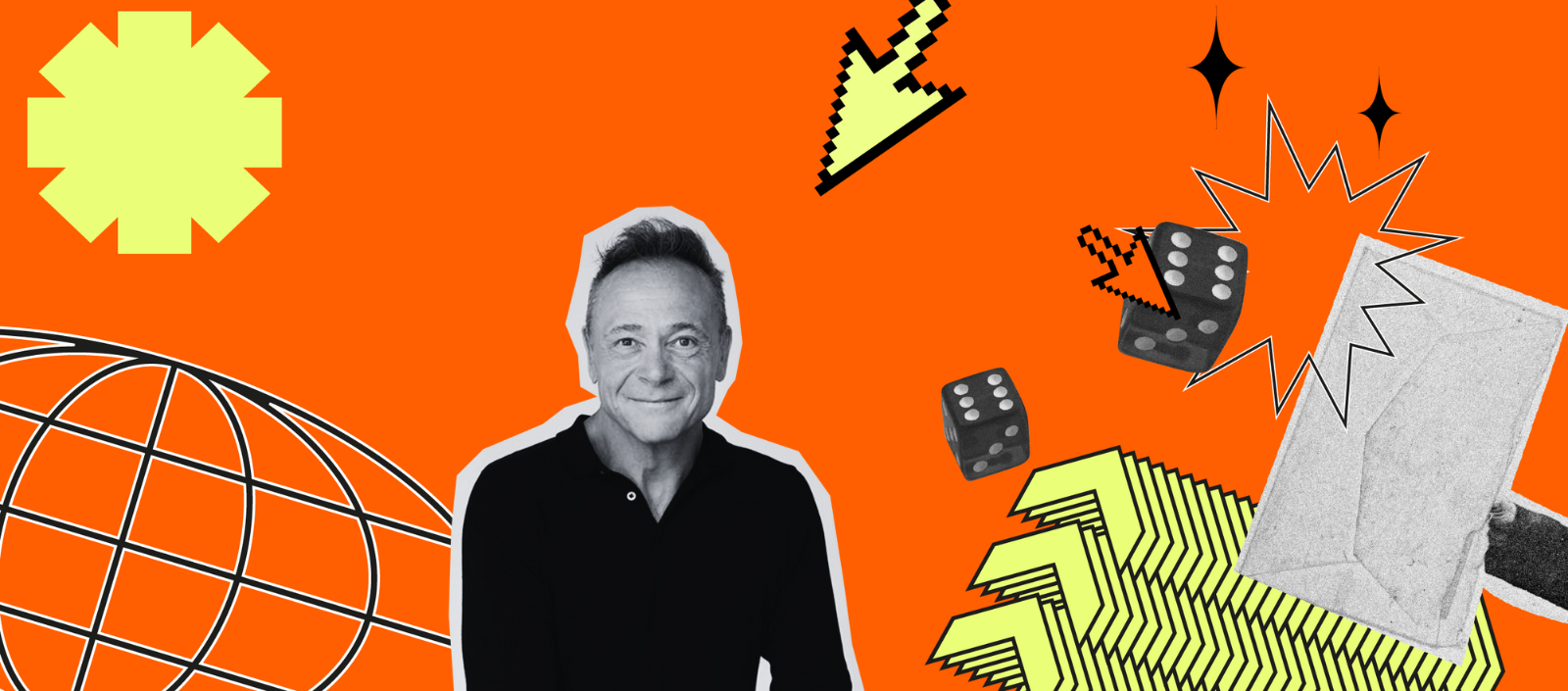And while those roles might appear to be worlds apart, the skills I’ve learned as an electrician have been transformative for my role as Director of Strategic Planning at brand consultancy The Team.
I firmly believe that each role informs the other in countless positive ways. There’s the obvious benefits that understanding certain nuances of engineering has at The Team for our net zero work with a range of international energy, technology and engineering businesses.
But it’s the less literal correlations between strategy and electricity that have been most illuminating. Gaining expertise in these two disparate fields and working at the coalface, as it were, has forced me to connect theoretical elements with physical reality. Working across two fields closes that loop, and makes you appreciate the impact of conceptual ideas and hypotheses on the real world and real people.
As such, I highly recommend that entrepreneurs consider intentional cross-disciplinary experiences. There’s not only huge personal and career gains to be had, but doing so actively drives creative solutions and strategic growth.
Vision, variety, versatility
Learning a new trade wasn’t about a career shift: it was as much a strategic decision to broaden my approach to problem solving and reignite the spark that gets me excited about strategy and planning (pardon the pun).
I’ve always had a burning desire to build things, both in a practical and an abstract sense. I’ve never wanted to just conceive strategy, but see the job through and deliver it.
The pandemic made a lot of people reassess what was important to them – and I was very much one of them. I realised that my inspiration for strategic planning comes down to three core things: vision, variety, and versatility.
An electrical career ticked all those boxes.
Being an electrician forces you to think on your feet: you’re confronted with new challenges daily, and simply have to deal with them – produce a real, practical outcome and understand how and why it works. Sometimes, solutions seem straightforward, but they often aren’t.
Seeing the invisible
Electrical engineering is about delving into the details and understanding things that are not immediately visible: you have to apply strategic thinking to tasks with a very practical purpose.
To be a good strategist, planner and consultant you have to do exactly the same – get right under the skin of the problem, examine a company or brand’s inner workings from all angles and spot the things that others can’t.
Strategists can’t measure success with a meter – we have to find other means to gauge what works and what doesn’t.
The real consultancy work involves adding logic to our actions – sourcing the right data, obtaining client commitment, and translating strategies into everyday reality for people.
Less screen time, more facetime
Too much time feeling ‘screen locked’ at a computer makes me feel stifled, and can ebb away at my capacity for creative thinking.
After all, strategy is about how a product or service impacts the real people on the receiving end of it: it’s all too easy to forget that human element.
The level of varied interaction I now get as an electrician has proven invaluable to how I approach strategy and planning. Getting out into the ‘real world’ beyond meeting room walls and Zoom/Teams calls inherently leads to understanding a wealth of different perspectives first-hand.
Now, more than 18 months into my hybrid way of working, I still find the way so many highly technical engineering professionals seem to effortlessly arrive at practical solutions for everyday issues eye-opening. The problem-solving I witness daily is truly enlightening, and directly correlates to the skills it takes to be a good strategist.
In dealing with a truly broad spectrum of people outside of the usual ‘stakeholder world’, I now truly understand how engaging others can lead to new insights. And perhaps most importantly, I’ve learned how to really listen. And how to trust other people, letting them in as part of the problem-solving process.
Challenging conventions, catalysing creativity
Stepping out of our comfort zone to pursue something totally different can feel like an impossible pipe dream. Thankfully, we’re in an era where we’re increasingly questioning what our careers look like – and how creativity can be nurtured and manifest.
The positive steps forward we’ve taken in recent years towards a certain level of self-care-led introspection should inspire us all to take a breath and reevaluate what it is that inspires us. Perhaps that means reevaluating the way you approach your current job, perhaps it means pivoting to an adjacent role in a different sector, perhaps it means pursuing an entirely new career.
There’s no shame in any of those things, whatever stage of life and work you’re at. It turns out old dogs can, in fact, learn new tricks.
That’s not to say it’s been easy: in the early days, dealing with 415 volts of electricity was naturally pretty intimidating. But I’ve been so fortunate to have The Team supporting me in undertaking this unusual venture all the way.
Learning any new skill trains your brain anew: it sharpens, revitalises, and rejuvenates you, forcing you to become a really active learner again. For all the hard work, it’s given me bags of energy.
My electrician training forced me to challenge the conventions of how I think about and approach consultancy projects – from the ways we navigate the creative process, to how I interact with my team, to the intricacies of creating and fostering client relationships.
I don’t install wires and make lights come on. I affect people’s home comforts, dreams and lives. Taking that mindset into my strategy work has shown me that values, beliefs, etiquette and purpose are way more influential than I had ever believed.
Toby Mortleman is an electrician and Strategy Director at brand and communication consultancy The Team.

